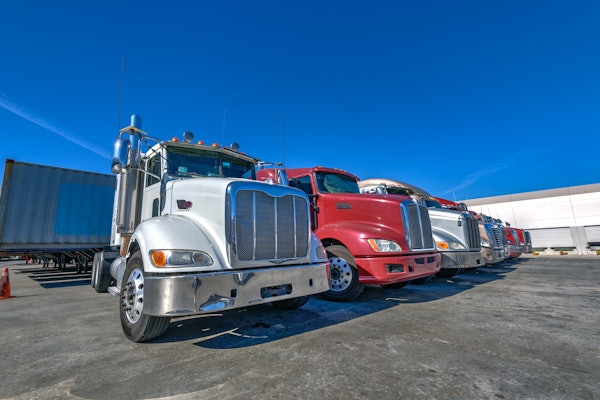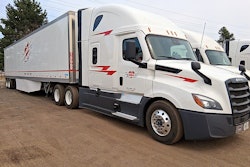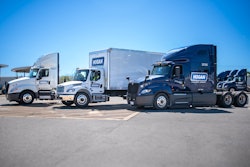Of the many obstacles to becoming a large carrier, one of the most significant is finding an ever-increasing number of drivers or owner-operators. It’s common knowledge that in general small carriers have an advantage over large in retaining drivers and owner-operators. I work with a number of small carriers that have turnover of 25 percent or lower. But I know of no carriers operating more than 1,000 tractors that have been able to achieve that performance year after year.
Driver retention may be one of the best arguments for a carrier to remain small. But if you plan to grow, understand why large fleets have high turnover and avoid falling into the same trap.
It’s a common belief that big carriers have high turnover because they are not driver friendly. As I have argued before, competence – speed and accuracy in dispatch, payroll, emergency assistance and other areas important to drivers – is more important than friendliness in retaining drivers.
Another important factor for drivers is the ability to exercise control. At large truckload carriers, company drivers have little choice in the loads they haul, the time they will get home, the route they drive, how fast they can drive, where they are going to fuel and the type of equipment they are going to drive.
If you don’t think these are important factors, consider why so many drivers want to be owner-operators. It’s not because they will make more money. Although some owner-operators do better than company drivers, most do not. I believe that the appeal to become an owner-operator is the freedom to make choices. Their most prized possession is the ability to choose their loads and control every aspect of their truck and route.
Pick up any driver-recruiting magazine, and you will find ads proclaiming “No NYC Freight” and “No Forced Dispatch.” These companies are assuring drivers that they will not force them to take loads into areas they don’t want to go.
Choice is an important ingredient of success for one of the few major truckload carriers that has excellent driver retention. Lincoln, Neb.-based Crete Carrier Corp. operates more than 2,000 tractors with company driver turnover well below 40 percent. Whenever possible, Crete offers drivers a choice of three loads.
Most other major carriers are heading in the opposite direction. They are embracing load-planning software systems that assign loads with no human interaction. The only way a driver can avoid a load is to complain to his dispatcher. This same planning software often asks the driver who picks up the load to relay it with another driver. This doesn’t sit well with most drivers, who usually want long-haul loads.
Another big trend in fleet management is route and fuel optimization. These systems tell the driver the best route to take on each load, sometimes dictating specific truck stops he will use in order to minimize the cost of fuel. If the driver wants to use a different truck stop he must contact dispatch and complain.
When carriers use computers to plan loads and optimize routes and fuel, there’s lots of complaining. Such programs are supposed to increase profit yields and control fuel costs. And yet, Crete, which believes in giving drivers a choice, has one of the best profit margins in the business.
If you want to grow and avoid high turnover, preserve drivers’ ability to have some say in every aspect of the company that affects their jobs.










